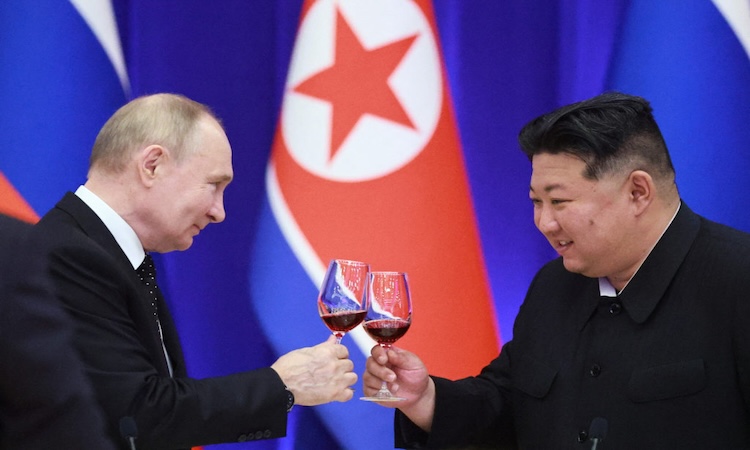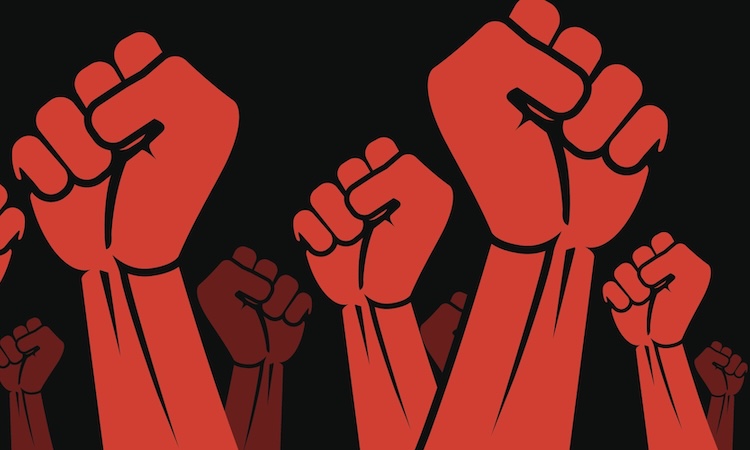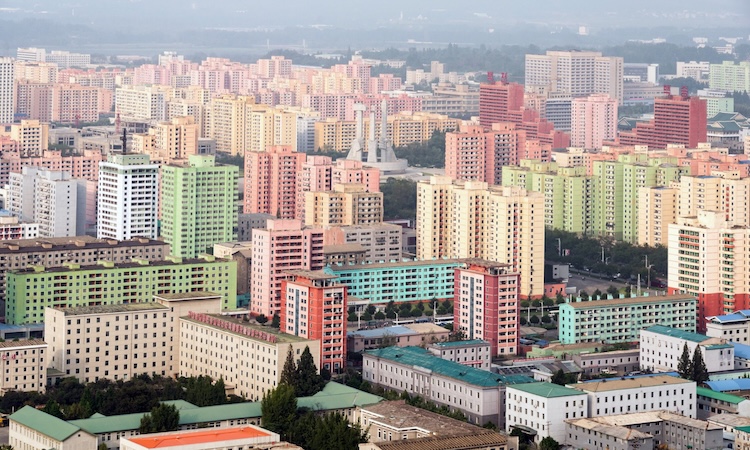The following resolution was passed unanimously by the tenth party congress of the CPGB-ML.
*****
This congress notes that the struggle to attain the vote has been a key part of the development of working-class politics. The demand for universal manhood suffrage dates back to the period of the English Revolution of the 1640s and was central to the Putney Debates between the Leveller radicals of the New Model Army and the bourgeois army generals led by Oliver Cromwell.
Over a century later, the demand for the enfranchisement of the propertyless masses returned as part of a wider outbreak of working-class militancy after the wars against revolutionary France. This was bloodily suppressed by the British state at St Peters Field in Manchester on 16 August 1819 (Peterloo).
Despite the massacres and the repression unleashed by the bourgeoisie, the working class kept returning to this struggle and the demand for universal manhood suffrage returned as a key demand of the Chartist movement.
The British bourgeoisie started to concede to this demand bit by bit, starting in 1832 when Parliament made a small extension to the franchise. Further extensions were passed in 1867, 1884, 1918 and then finally in 1928, which saw the passing of equal voting rights for women free from property qualifications.
This history is important to note because it shows that the demand for the vote has been a key part of working-class history. The Levellers, the Chartists and the working-class Suffragettes demanded the vote because they saw this as a way of gaining some element of control over the British state, which was totally under the control of the capitalists and landed aristocracy.
Congress notes that the British ruling class have proven to be cunning in their granting of reforms over the last 200 years. They were well aware that if they persisted in denying any reforms to the working class, they risked revolution.
The slow concession of voting rights over the 19th century went alongside the development of the labour aristocracy, and both Liberal and Tory parties (under Gladstone and Disraeli) were careful to cultivate the upper layers of the working class in order to ensure that the proletariat remained divided.
The British ruling class also understood very well that if they were going to allow the working class the vote then they needed to ensure that they were able to keep as many decisions as possible away from the prying eyes of the proletariat. The reforms to the franchise came at the same time as the emergence of imperialism (as noted by Lenin), which saw the bourgeois states becoming ever more bureaucratic owing to the complexity of managing the domestic situation while also ensuring the security of imperialist ‘investments’ in colonised nations.
Congress notes that the British ruling class has always carefully kept the key elements of the state firmly under the control of the permanent civil service bureaucracy, the military high command and the intelligence agencies. These structures are always staffed by reliable bourgeois figures who are organically linked to wider ruling-class networks.
One example of this is the way in which Britain’s police forces have had control steadily centralised over the last century. Before the extension of the franchise to the proletariat, the control over the various county police forces lay much more within the remit of local councils. But as the working class gained even the small amount of political power that the extension of the franchise gave it, the ability to appoint senior police officers was taken out of the remit of local councillors and bureaucratised, with more influence being steadily accrued within the Home Office bureaucracy from the 1920s onwards.
It is clear that the ruling class understand the nature of the state very well. They know it is there to protect their property, and they do not want to risk any chance that the proletariat could even have the slightest influence over the management of their agencies of repression.
In the modern era, we can see this centralisation of bureaucratic power within the British bourgeois state has reached ever greater levels. Even bourgeois politicians have to admit that their influence over policy is minimal, with effective day-to-day control being in the hands of the permanent bureaucracy.
Despite all the apparent concessions made to the working class regarding the right to vote, it is crystal clear to all workers that it simply does not matter which party sits on the government benches at Westminster, real power is exercised elsewhere. This is even more true in local government, where any ability even mildly to deviate from the policies of central government was stripped out of the local government system in the 1980s and 1990s.
Congress therefore notes that the democracy about which ruling-class propagandists still endlessly talk is a democracy that is still a wholly bourgeois one. The working class may get to join in with the formalities of voting at national and regional levels, but the effective control of the state always remains in the hands of the ruling class.
Many workers understand this to be the case, which is why turnouts in British general elections have been slipping downward for over 30 years.
Unfortunately, however, the reasons for this are not being explained to workers by the dominant forces on the British left. Left Labour, revisionists and Trotskyites alike remain obsessed with parliamentary cretinism. Even if they nominally oppose the Labour party, many of them are only aiming at recreating it.
This congress therefore resolves that the party must take on the following tasks in explaining the nature of bourgeois democracy to the British working class:
- In our agitational and educational material, we must continually make the point that the ability of the ruling class to circumvent every concession only underlines the power of the Marxist-Leninist analysis of the nature of the state in works such as Lenin’s State and Revolution.
- That although the demand for the vote has been a key part of the history of the working-class struggle, this history must not control our current actions. The Levellers and Chartists thought that franchise extensions would give workers greater control over the state, but the ability of the ruling class to circumvent this shows us that these demands clearly need to be judged on the basis of subsequent class struggles.
- That the concessions which were made to the British working class in the 1940s were a product of a unique global situation caused by the strength of the USSR. It was the appeal of socialism, as exemplified by the USSR at the time, which caused concessions to be made by the ruling class. It was fear of revolution that prompted these reforms, and the crisis of imperialism has caused the ruling class to take many of these back again. No amount of voting will get us back to the point where welfare capitalism will return.
- When it comes to approaching the question of standing in bourgeois elections, our general approach should be extremely cautious. The working class is rapidly working out how much of a fraud bourgeois democracy really is, and we must not do anything to restore its faith but instead talk to advanced workers who have drawn the correct conclusions and bring them towards a more comprehensive, Marxist-Leninist understanding of the reasons for this. The only reason for engaging in the bourgeois electoral process, even at a local level, is if it can be demonstrated that there is a chance to develop the party and its connection with the masses as a result of either putting up or campaigning for a candidate, as we did for WPB candidates in the last general election. But in doing so, we must retain our full freedom of agitation and remember that the only real purpose in getting a communist or anti-imperialist elected to any official position in the bourgeois state machine is to use the opportunities presented to expose the internal machinations of councils and parliaments before the eyes of the working class.
- Should any party branch decide that it wishes to stand candidates in an election, it must submit its rationale to the central committee, demonstrating what it believes the advantages will be not only to the party but to the development of working-class consciousness.
















